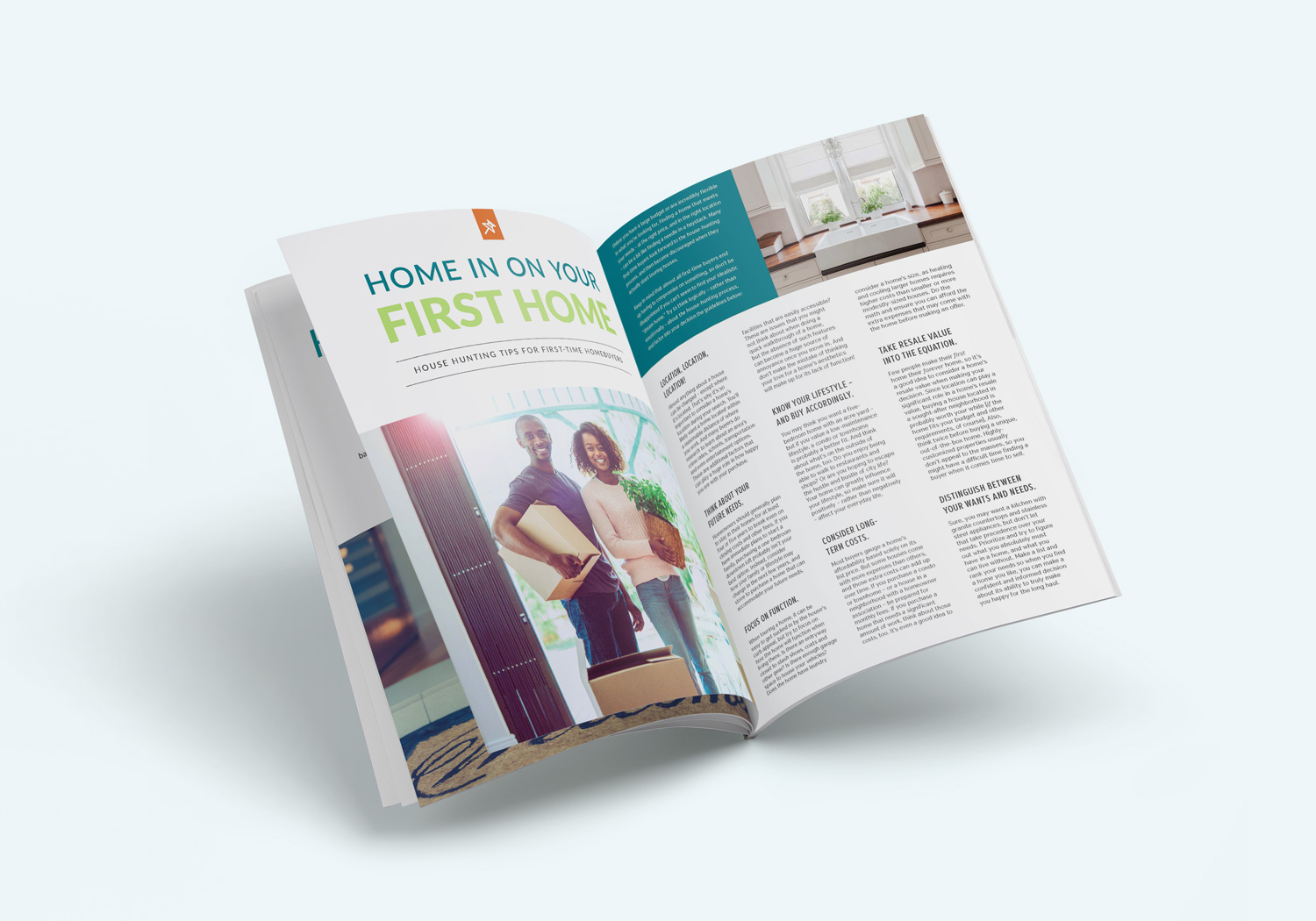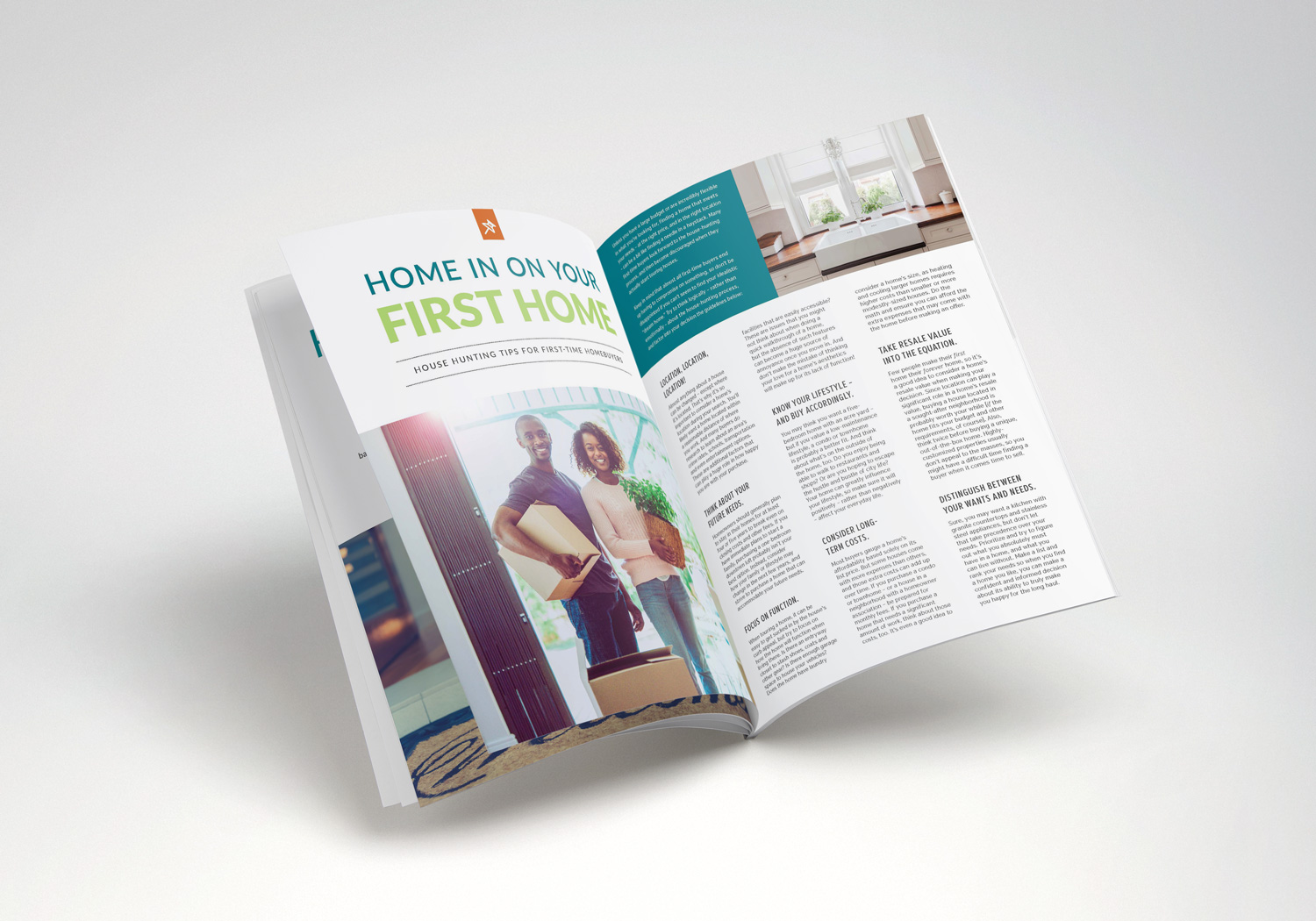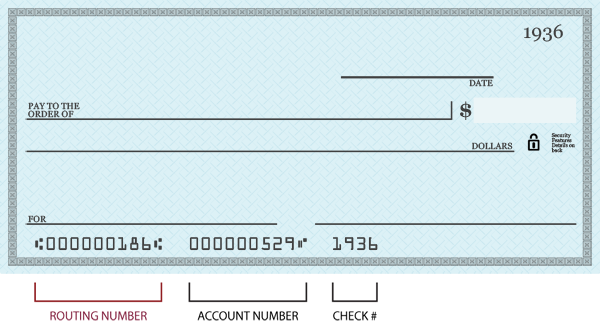The first thing you need to know in order to buy a new home is how much you can afford to spend. The answer will provide a clear picture on where you should be house hunting considering your price range. To get started, you’ll need to do some calculations with your current finances so it’s important to know your household income, monthly expenses, and your total monthly debt.
Calculate Your Debt to Income Ratio
This ratio is a key factor in determining if you will qualify for a mortgage. Many lenders rely on the 28/36 rule to determine how much house you can afford. The guideline is that a household should spend a maximum of 28% of its gross monthly income on total monthly housing expenses, or PITIA–principle, interest, property tax, insurance and any homeowner or condo association fees. And no more than 36% of its gross monthly income on total debt. You can use the following formula to determine the monthly mortgage amount you might qualify for:
Monthly income x 28% = PITIA
Monthly income x 36% - Monthly Debt = PITIA
First, add up your annual household pre-tax income. This includes your salary, bonuses, commission, and income from investments. Then calculate your monthly debt such as credit cards, car payments, and student loans. Let’s use the following scenario as an example:
You earn $60,000 annually and your monthly debt is $600. Your monthly income would be $5,000. Multiple that by 28% and your monthly housing expense (PITIA) should be no more than $1,400. However, now you need to figure out the second formula. Multiply $5,000 by 36% - $600 and you get $1,200. Your PITIA is $1,200 and this is the maximum monthly amount you can spend on a mortgage.
Use our mortgage calculator to help calculate how much home you can afford and how much you may be able to borrow. If you’ve done the calculations and are not exactly where you want to be, there are ways to improve your debt to income ratio and increase what you can afford:
Consolidate debt – one way to become debt-free is to consolidate all of your debt by reducing multiple monthly payments to just one, at a lower interest rate. The purpose of doing so is not only to reduce the interest rate but also to reduce your monthly payment so it’s important to have accurate financial records. First, make a list of the debts you want to consolidate. Next to each debt, list the total amount owed, the monthly payment due and the interest rate paid. Add the total amount owed on all debts so you know how much you need to borrow and take the appropriate steps to apply for a debt consolidation loan.
Increase your down payment – your down payment plays an essential role in determining how much home you can afford. The more cash you put down, the less money you’ll need to finance—and that means lower mortgage payments each month! A 20 percent down payment is widely recommended and enables you to avoid paying Private Mortgage Insurance (PMI) – a premium to protect the mortgage lender in case you can’t pay the loan back. Lakeland Mortgage also offers lender-paid mortgage insurance programs where there will not be any monthly payment for PMI.
Determine your mortgage loan term – the term is the length of time you choose to pay back the loan. A mortgage loan term is typically between 15 and 30 years with a fixed or adjustable interest rate, all of which will be determined with your mortgage loan originator. Typically, the longer the loan term, the more interest you pay, but in smaller monthly payments.
Improve your credit score – lenders generally review your credit score to understand your risk as a borrower and determine an interest rate for the amount you want to finance. It’s important to know your score to determine whether you need to improve your credit-worthiness in preparation for buying a new home. The best way to do this is to review your credit report for any discrepancies or unresolved issues. Under the Fair and Accurate Credit Transactions Act, you are entitled to receive one free credit report from each of the three national credit-reporting companies - Equifax, Experian and TransUnion - every twelve months. AnnualCreditReport.com is the only authorized online source for a free credit report. You need a good credit score to get approved for a mortgage and the better the score, the better the interest rate.
Lakeland Bank offers several different mortgage loans including fixed rate loans, jumbo mortgage loans, adjustable rate (ARM) loans, first-time homebuyer programs, reverse mortgages and renovation loans.
Our mortgage experts can walk you through the mortgage application process, explain all available options and help you make the best choice. Contact a mortgage representative in your neighborhood to request a consultation.




